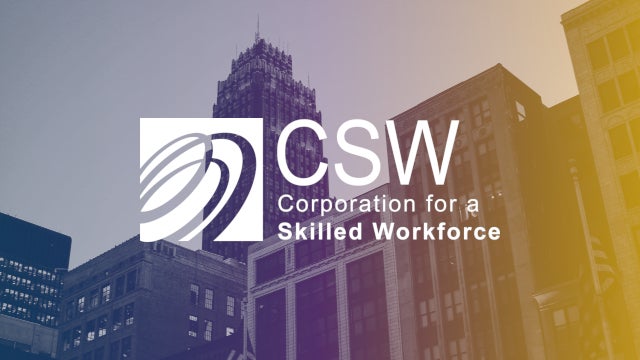A new national survey sponsored and developed by the Aspen Institute’s Future of Work Initiative, the Markle Foundation, Burson-Marsteller and TIME looks at how companies are coping with new employment models such as the growth of contingent and contract work and the On-Demand Economy. The survey was conducted by research firm Penn Schoen Berland (PSB).
According to the Workforce of the Future Survey, a majority of all employers, 56 percent, say having a full-time employee makes it easier to accommodate the ebbs and flows in work volume and report that contract workers are less loyal or invested. Conversely, employers cite using independent contractors both for the flexibility of hiring workers with specific skills as the need arises (90 percent), as well as for cost-saving purposes such as taxes and benefits (86 percent). Still, when presented with the tradeoff, most employers (58 percent) say full-time hires are better for their company because they provide more value over the long-term despite having to pay more up-front on taxes and benefits.
KEY FINDINGS:
- WHILE MOST EMPLOYERS PREFER FULL-TIME EMPLOYEES, MORE THAN HALF ARE CURRENTLY USING INDEPENDENT CONTRACTORS AND EXPECT THEMSELVES AND OTHERS TO USE MORE IN THE FUTURE. A majority of all employers, 67 percent, say their company seeks to limit the number of contingent workers in favor of full-time employees, while 60 percent report using contingent workers. Of those who use contract labor, a majority, 57 percent, expect to use more in the future – and 70 percent of all employers predict that more companies and organizations will move toward a more on-demand labor model.
- WHILE FOUR OUT OF FIVE EMPLOYERS BELIEVE PROVIDING WORKERS WITH BENEFITS IS NECESSARY TO ATTRACT AND RETAIN TALENT, A MAJORITY OF EMPLOYERS DO NOT FEEL RESPONSIBLE FOR PROVIDING BENEFITS TO INDEPENDENT CONTRACTORS. Seventy-nine percent of employers believe offering benefits to employees is a critical component of attracting talent, which tracks with the earlier On-Demand Economy Survey (an online survey of 3,000 adult Americans by Burson-Marsteller, The Aspen Institute and TIME fielded by PSB from November 16-25, 2015), which showed more than half of On-Demand Economy workers (54 percent) believe they should receive more benefits as part of their job. At the same time, two thirds of employers feel they should NOT be responsible for providing benefits to independent contractors, but don’t agree on who should bear that responsibility. And 50 percent don’t think they should be responsible for providing training or education to independent contractors. Twenty-two percent of employers believe workers themselves should be responsible for providing benefits, 18 percent believe private companies that help workers manage/gain benefits should be responsible, while just 9 percent say it’s the government’s responsibility.
Read more survey results and takeaways.

